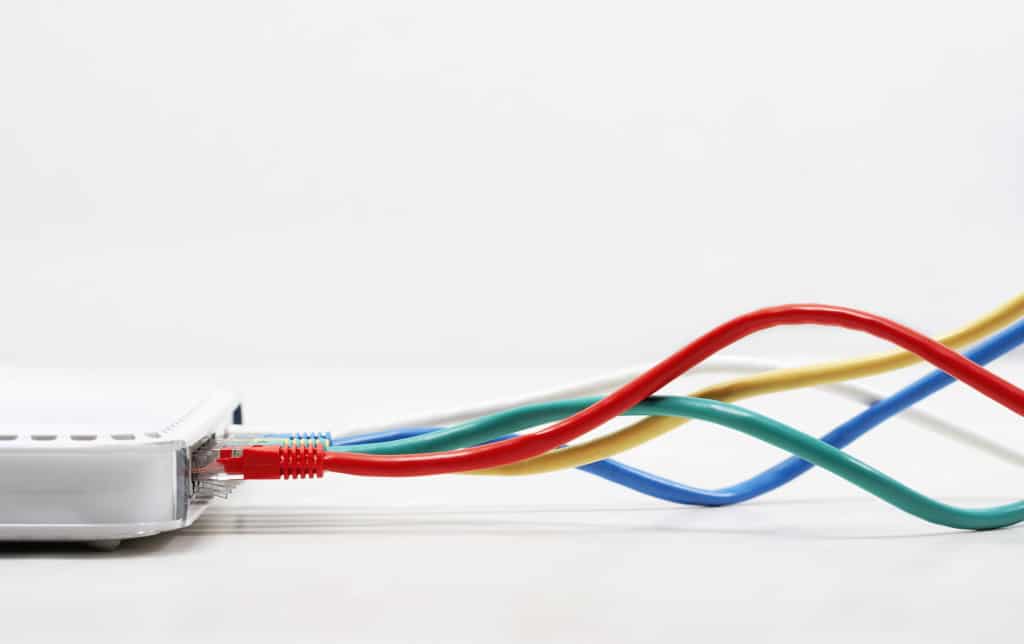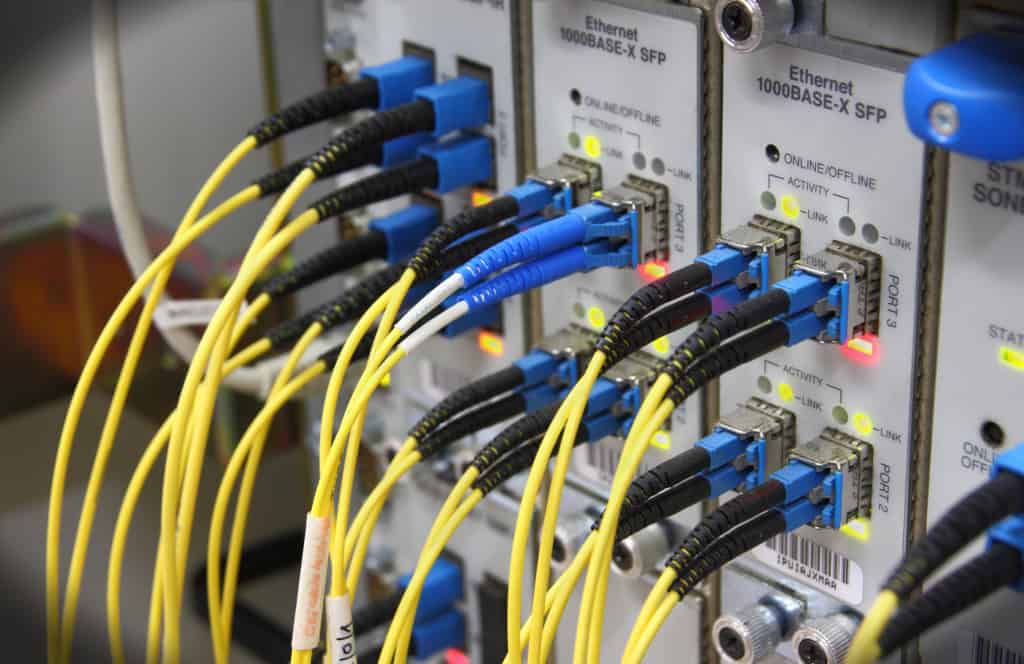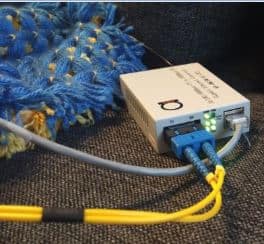Recent studies indicate, that typical cabling costs are around 10% from the overall network deployment cost. However, 70% of problems in the network are typically caused by poor cabling techniques and cable-component problems.
Like not even talking about fiber optical installations which are using simple products such as fiber media converters or more serious ones like GEPON, simple examples from our experience are even from copper field.
Consider this Voice over Fiber PCM mux. We have had situations when poor copper cable from FXS ports to phones limits distance not just to hundred meters (even though theoretically it can reach kilometer), but even few meters only!
Or, classic example with E1 fiber muxes, like these. Here, one side are fiber cable, which spans over kilometers – OK. But how about case when PABX or any other device are connected to it are not standard few meters UTP patchcord length, but maybe 20 m long? Theoretically E1 UTP cable length just reach 100 m, but using poor cable some of course customers could get only 40 m as max. Why? All focus was on equipment, and we are forgetting about crucial part of infrastructure – cables, cables, cables!
They can destroy effect of using of most expensive and precious equipment!
Since average life-span for cable system is 16 years, it is very important to ensure that initial cable deployment is done properly and with reliable equipment.
Another issues that can affect future use of the cabling are:
- Not following industry standards
- Poor design
- Installation by non-professionals
- Missing or badly written documentation

If the original cabling system has been poorly made, it will be necessary to improve network by deploying additional cabling, that will increase overall costs if the system.
It is important to remember that copper cable signal is easy to interfere by electric, magnetic, mobile and other fields. Another reason for signal degradation could be poor installation techniques by non-professionals. It will result in the packet loss during transmission, resulting in incomplete messages at the receivers end. In order to complete transmission successfully, packages should be re-transmitted once again (and there is no guarantee that it will be successful second time). Researches in this field provide us with following information: one percent drop in Ethernet packets could result into 80% through-output decrease. Depending on the protocol, the whole data message should be re-transmitted in some cases, instead of just sending missing packets again. Additionally, it is difficult to detect which packets were lost during transmission, since the data may never arrive at the receivers end.

It is important to keep in mind “Golden Rules of Data Cabling” when designing the network system.
- System will always grow, and never get smaller
- Install future-proof cabling (cabling with higher bandwidth than it is required today)
- Follow standards for cable deployment
- Combine data and voice in single system
- Use quality equipment and cabling (“expensive” is not always equal “good quality”)
- Use professionals for network deployment (untrained personnel can irreversably damage high end equipment and cables)
- Document everything (having even obvious things written down on paper is necessary, you may remember it now, but will you remember it in ten years?)


